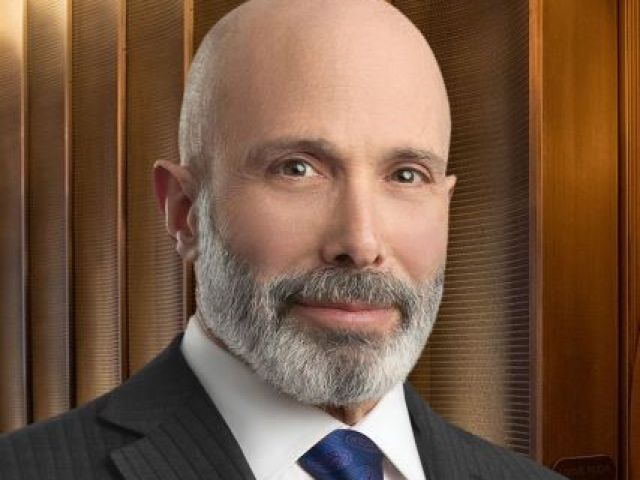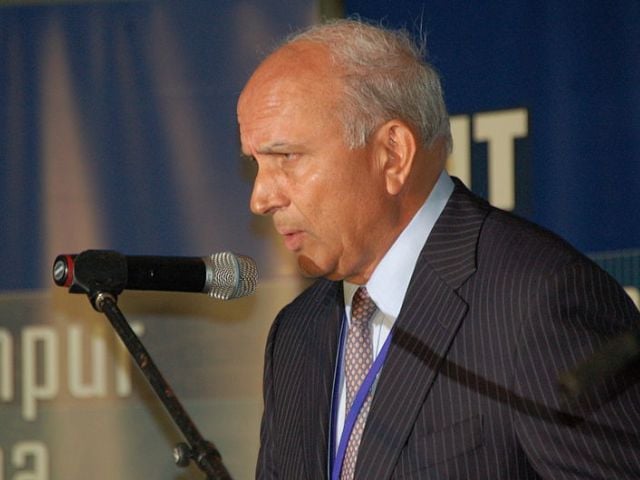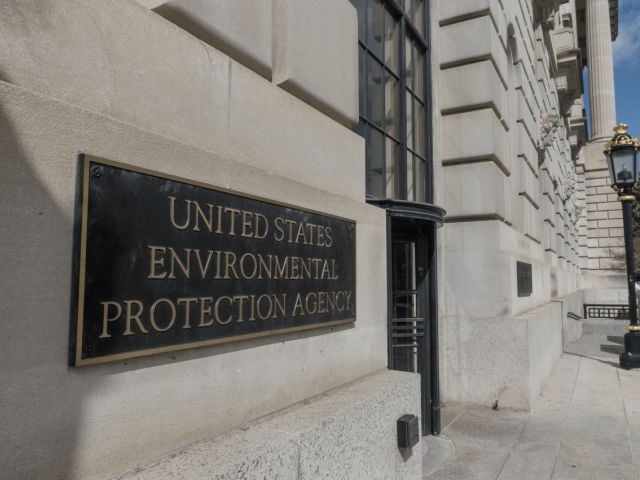
In the 2023 Farm Bill, lawmakers are looking everywhere for savings to fund their priority programs. One possible source of savings: big insurance companies’ federal Crop Insurance Program overhead costs and profits.
Crop insurance companies and insurance agents get money from the federal government for administrative and operating payments, and underwriting gains also go to the companies.
As EWG recently found, companies and agents received almost $33.3 billion in total compensation over the past 10 years, with much of the money coming from taxpayers.
The Crop Insurance Program is a “public-private partnership” that sends taxpayer money to companies, which then give some of the money to agents that actually sell the policies and make insurance adjustments.
The Department of Agriculture has granted 14 companies the right to sell crop insurance policies. Ten of them are owned by publicly traded corporations with multibillion dollar net worths.
Crop insurance company locations and information
The CEOs of the 10 publicly traded corporations had annual compensation that ranged from $660,150 to $24.8 million, almost $112 million combined in just a year.
The problem isn’t only the huge amounts of money these big companies collect. It’s also the inherent inequity of the billions of taxpayer and farmer money sent by the USDA to large companies helmed by CEOs making millions each year, while the average American household takes in just $71,000 in annual income.
And the program is not transparent. Although the names of farmers who collect traditional commodity program subsidies are public knowledge, the USDA does not disclose the names of those who benefit from crop insurance subsidies, or how much money the program sends to the individual crop insurance companies each year.
Reducing the amount of money these companies get through underwriting gains and administrative and operating costs could either lower the burden on tax-paying American households or free up money to fund farm bill priorities that benefit farmers rather than major corporations.
Adopting provisions in the Crop Insurance Transparency Act, introduced by Reps. Earl Blumenauer (D-Ore.) and Ralph Norman (R-S.C.), would greatly improve the program’s transparency by naming the farmers and crop insurance companies that receive crop insurance subsidies, and how much money they get.
Main photo credit: University of Cincinnati













